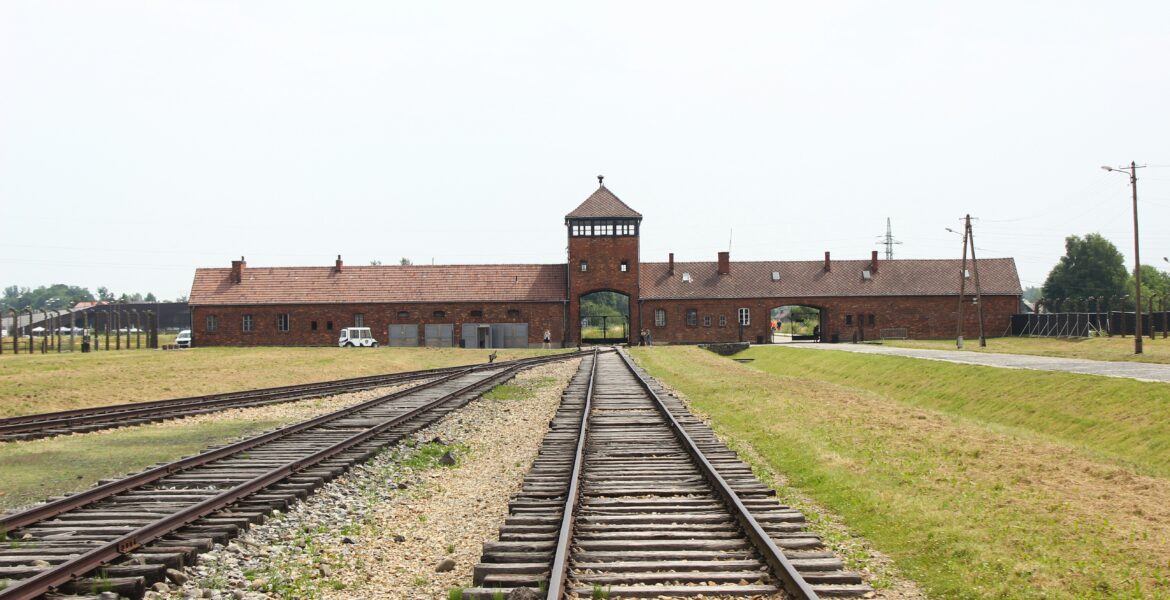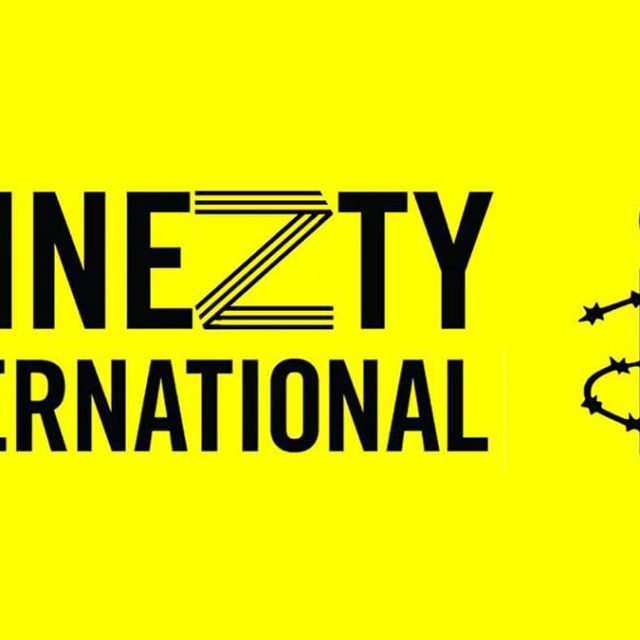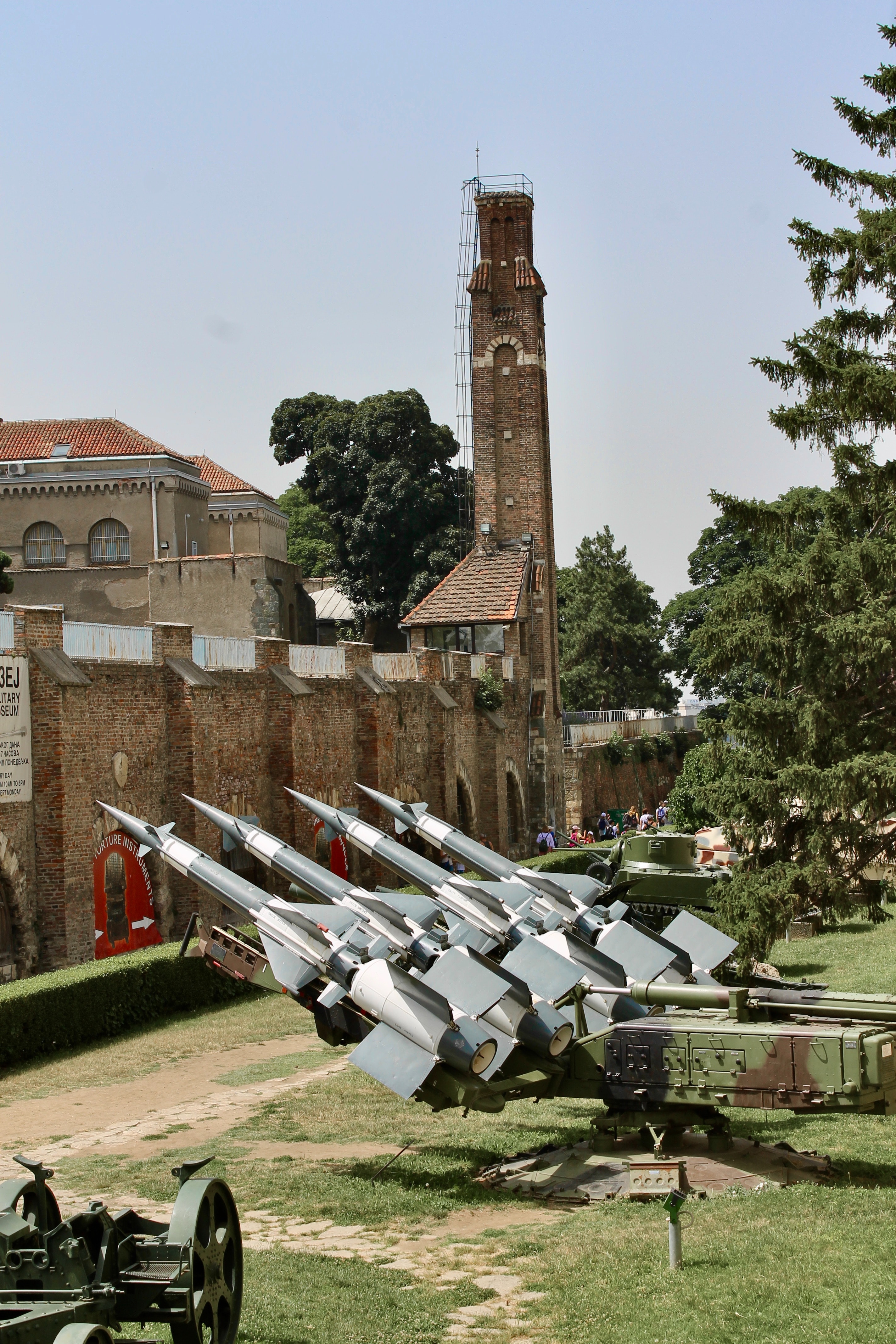Photo by Lāsma Artmane on Unsplash
To mark the European Holocaust Memorial Day for Roma and Sinti, the Roma Foundation for Europe and its network members co-hosted a series of events to commemorate the estimated 4,300 Roma and Sinti who were murdered there 80 years ago on the night of 2 August 1944.
The foundation is the leading advocacy organisation for Europe’s 12 million Roma and the event includes a conference, an exhibition and a visit to Auschwitz-Birkenau.
The aim, it says, is to re-tell stories and “educate the younger generation about the horrors of the Holocaust so that the Roma are no longer forgotten victims.”
Historians estimate that over 500,000 Romani and Sinti were killed by the Nazis and their collaborators during World War II.
In December 1942, Heinrich Himmler ordered the deportation of all Roma from the Greater Germanic Reich, and most were sent to the specially established “Gypsy family camp” at Auschwitz-Birkenau.
At a time when Europe is witnessing a surge in far-right activities, the Holocaust remembrance started on 1 August with an exhibition entitled “Roma Heroes of Resistance” by self-taught Romanian artist Emanuel Barica at the Auditorium Maximum in Krakow.
This was followed by an international conference titled “My Testimony Is for Young People,” which will include a plenary session with Zeljko Jovanovic, President of the Roma Foundation for Europe. In the evening, there was a memorial concert at Krakow Philharmonic Hall, featuring “O Lungo Drom (The Long Road)”, an oratorio composed by Ralf Yusuf Gawlick and performed by Clara Meloni (Soprano), Christoph Filler (Baritone), László Rácz (Cimbalom) and the Alban Berg Ensemble Wien.
Stressing the importance of the Holocaust commemoration, Zeljko Jovanovic, President of the Roma Foundation for Europe, said: “We’ve been building a memory of the atrocities committed against our ancestors in Auschwitz for 40 years, and recognition took just as long.
“It is still valid to say that public officials must move beyond crude electoral calculation and take action to ensure that memorials are built, schools educate, and the media broadcast the truth about the Roma genocide to help liberate us from the prison of past and present racism.”
“But what can we expect from public institutions and officials when our parliaments and governments are plagued by far-right and extremist politics? Does Europe really remember, and can we expect protection? It is our moral responsibility as Roma to turn this memory into a vehicle of purpose and self-empowerment and create unity across countries, languages and religions to ensure our message is heard and our demands are taken seriously.”
Commenting on the exhibition by Emanuel Barica, Timea Junghaus, Executive Director of ERIAC, said: “Emanuel Barica shows Roma survivors who did not let the abuse they suffered define them as victims but as warriors who confronted everyday injustice and Nazi cruelty.”
“Their story is a testimony to a painful past.”
“Artists and creatives have been vital in preserving the memory of the Roma Holocaust and passing it on. Art heals, and Roma creative talents play a key role in this process.”
Barica sees himself as an artistic activist and is committed to overcoming the discrimination of the Roma and Sinti and the recognition of their exclusion in the past and present.
This year’s commemoration for the first time united the Roma Foundation for Europe and its network members: the European Roma Institute for Arts and Culture (ERIAC), the Roma Education Fund (REF), the Roma Entrepreneurship Development Initiative (REDI) and Roma for Democracy (RFD).
The event series was led by NGOs and institutions including the Central Council and the Documentation and Cultural Centre of German Sinti and Roma, in collaboration with the Association of Roma in Poland and the Centre for Roma History and Culture in Oświęcim.
EU parliament present Roberta Metsola said, “On this solemn occasion, the European Parliament remembers the lessons learned from the first recognition of the Roma and Sinti Holocaust, and reaffirms that Romani people must enjoy the same rights and treatment as all European citizens.”
Metsola said: “Today we pay tribute to Roma and Sinti people’s contribution to the rich fabric of our European socities. Europe must stand up for the values it holds to be true: the rule of law, democracy and equality. The moment we become complacent is the moment we allow history to repeat itself.”
“80 years later, too many Romani women and men in Europe still live in the margins of society. “In our Europe, we cherish our differences, unique traditions, cultures and diversity. That means that Roma people must enjoy the same opportunities and chances as any other European citizen,”Metsola said.




